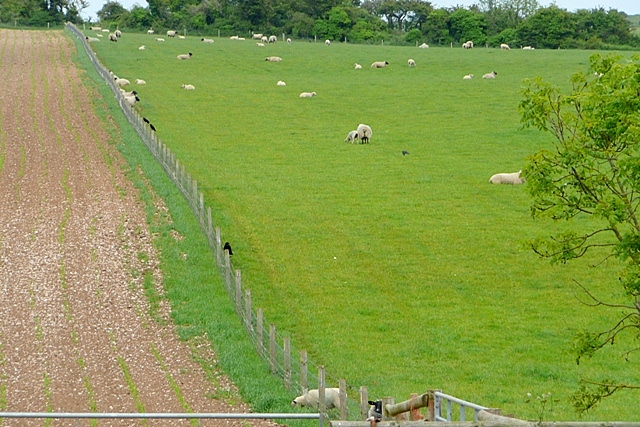
Fresh farm produce imports from the EU to the UK will face further delays in post-Brexit checks, according to BBC News. Initially scheduled to begin in October, the new import controls on
EU food products have been postponed to allow companies and port operators more time to prepare for the changes. This decision comes amid concerns that the additional checks could lead to higher prices and fuel inflation. UK food producers have expressed dissatisfaction, arguing that this gives continental rivals an advantage, while the UK's fresh food exports to the EU are subjected to stringent checks.
Health certification for "medium-risk" imports was expected to commence in October, followed by physical checks from January 2024. However, the Cold Chain Federation has welcomed the delay, as many EU food-producing businesses supplying the UK were not adequately prepared for the new requirements. Some industry sources speculate that the changes may not take effect before the 2024 general election. The Labour Party has proposed negotiating a veterinary agreement with the EU to reduce the need for extensive procedures in the future.
This delay in import controls occurs amidst the Bank of England's efforts to manage high inflation rates. Some view the delay as an indication that the government prioritizes economic concerns over Brexit-related issues and border controls. On a separate note, the government has abandoned plans for a rival to the EU's "CE" quality mark, citing concerns about adding additional red tape for businesses. The "CE" mark indicates that products have met health and safety standards. The delay in import checks has sparked concerns among farmers who already face barriers for their exports without equivalent restrictions on imports. They stress the importance of introducing light-touch checks on all food imports to balance cost considerations and biosecurity risks. Photo by Graham Horn, Wikimedia commons.



































